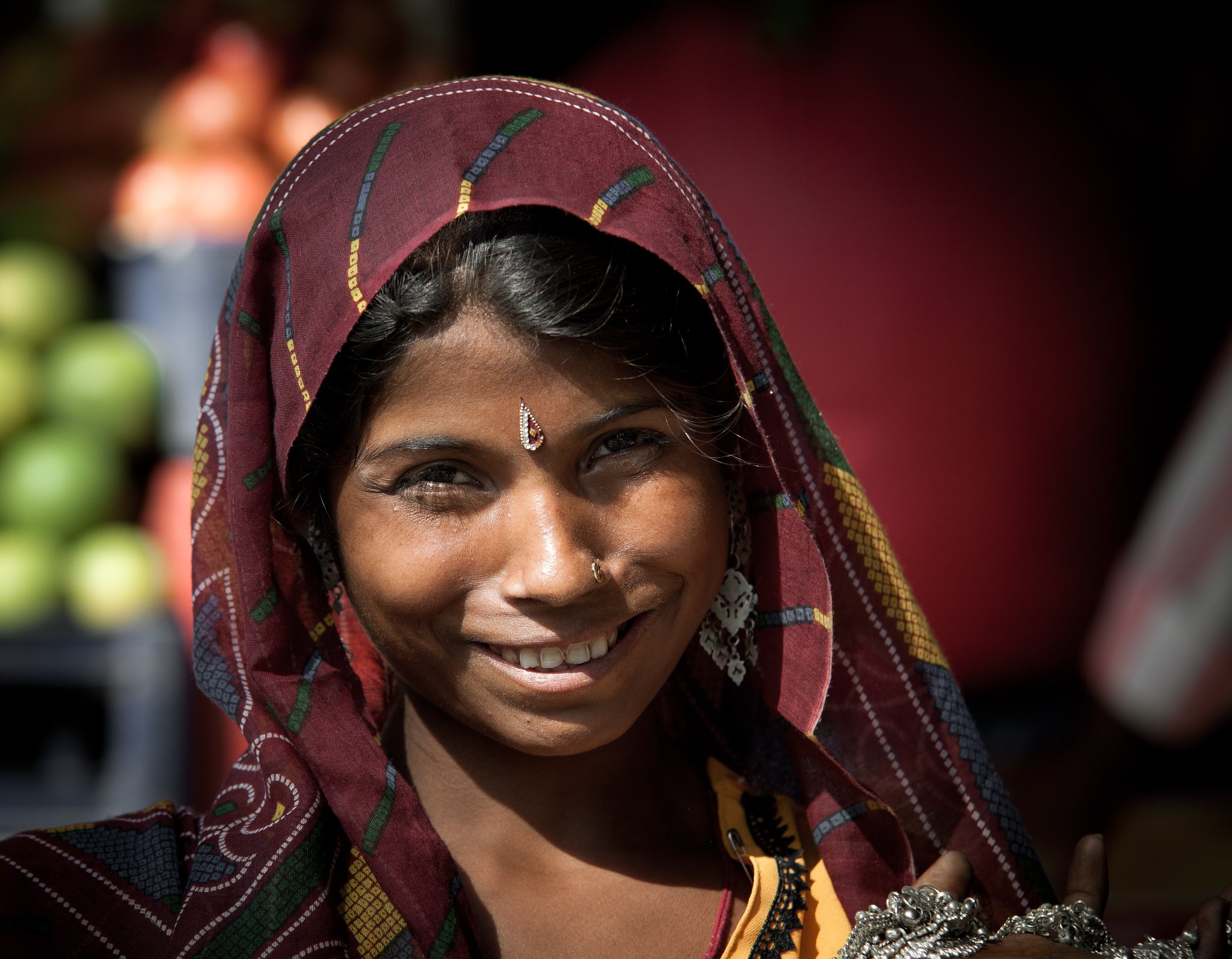SOUTH ASIA — Can you tell me what a gypsy is without Googling it? Do you know where they come from? Frankly, I couldn’t have answered either of those questions accurately until I began research for this Missions Box News article. I had been reading a report from a Christian church in South Asia. The report related how that church had come to the aid of a community of gypsies.
I began to ask myself questions like, “What are gypsies doing in South Asia? Aren’t they European? Aren’t they nomadic wanderers?” The more questions I asked, the more I realized how little I knew.
What I discovered was fascinating, not only factually but also in the ability to better appreciate the acts of kindness the church did for the gypsies. First, let me tell you what the church did. The story itself is quite simple. Then I will tell you why what they did was such a marvelous demonstration of the love of Christ flowing through His followers.
What did the church do?
A group of about 60 families of gypsies impacted by the combination of local flooding and the COVID lockdown crisis had completely run out of food. An entire community was facing elimination under a cloud of despair. Food was not easily accessible under normal situations. It became less available during COVID lockdowns. Their wagons were unable to move through the post-flood muck and mud.
Hearing of their need, the church, acting on behalf of the Lord Jesus Christ, was able to assemble enough dry ration kits to supply all 60 families.
One recipient responded that he was an out-of-work day laborer and that he was struggling to feed his family.
Another thanked the church for providing help “at the right time.” He had lost his household things (which were probably not many by Western measures). He had come to the point of hoping to provide his family with one last meal.
We would all agree that what these local Christ-followers did was commendable. Yet, because the people they fed were gypsies, as I have learned, the gift of dry ration kits was doubly kind.
Who are the gypsies?
Gypsies, also often referred to as Romani, are typically vagabonds. And, yes, there are a great many of them in Europe. Groups of them now live on every continent. Because they typically travel as migrant communities and are willing to work for meager day-labor wages, they are seldom welcomed by locals. Wherever they go, they face a common distrust reserved for strangers.
The gypsies have always been treated as outsiders. During World War II, the Nazi party despised the gypsies and were just as ready to eliminate them as they were the Jews.
This is why the origin of the gypsy people is so interesting. Science has been able to verify that the gypsy people were originally displaced from South Asia during the Muslim invasions in the 11th century.
As is the case with displaced people, they moved from one place where they are persecuted to another place where they also find themselves mistreated and forced to become perpetual migrants.
More than 30 million people have watched the 52-minute YouTube documentary Cobra Gypsies by Raphael Treza. When Raphael visited a gypsy community in South Asia, he was the first “outsider” they had ever seen. Though secular in nature, it is an eye-opener that might challenge even the hardest of hearts.
Why am I telling you this?
Because the gypsy people are, like the rest of us, created in God’s own image. Because of that, as Dolores Smith wrote on the Crosswalk website,
“Christians should respond to the gypsy community in the same way that they would respond to any other child of God—by doing unto others as you’d have done unto you (Luke 6:31), and by remembering that whatever you do for the least of your brothers and sisters, you do for the Lord (Matthew 25:40).”
The church did not simply hand out dry ration kits just so they could say that they had. They demonstrated the love of Christ in a genuine way to a group of people who are used to being despised and rejected and considered to be “the least of these.”
May we demonstrate His love in the same kind and willing way as the Lord leads us to people who need to learn about His love.
Read more news on World Missions and the COVID 19 Pandemic.
GFA’s Statement About Coronavirus
Sources:
- GFA World field report, December 23, 2020
- Scoopwhoop, New Study Confirms European Gypsies Are Descendants Of Indian Dalits!
- United States Holocaust Memorial Museum, Gypsies
- YouTube, Cobra Gypsies
- Times of India, Where do gypsies come from?
- Crosswalk, Who are the gypsies, and what do they believe?

Hello my name is Janet I’m a true to my blood Gypsy I was born in Seattle we are from Europe please contact me as soon as you can.. looking forward to talking to you I can help you with more information and you could help me.